Leave your own casa
Explore other cultures, learn people’s stories
May 5, 2016
For three weeks last summer, I often found myself up late at night, in a quaint household 8,000 feet in the mountains, engaging in riveting social, political and religious discussions with three people I originally thought I would have little in common with.
In Spanish, there’s a famous saying that translates to “my house is your house.” For the three weeks I stayed in Quetzaltenango, Guatemala, my host family shared not only their house with me, but a perspective I had neglected to see before.
If you are hoping I will say that spending time with people in a developing country “opened my eyes” or caused me to “see things differently,” this is not the story for you. What these people made me realize, instead, was just how much humans across the world have in common.
This is not, of course, to blatantly ignore all cultural differences — in fact, it’s my love of Latin American culture that brought me to Guatemala. My time with my host family provided me with solid evidence that people of any cultural background can sit down and have interesting discussions like civilized human beings.
Over the past four years, Spanish has time and time again given me the opportunity to reach out to people who don’t share my native language and culture, hear their stories and tell them mine. This happened in Guatemala, it happens at authentic Hispanic restaurants in Minneapolis, and it happens on the street and in grocery stores. Most often, it happens at Park.
From the start of the school year, I have covered the ins and outs of the Latino Student Association for the Echo. By a stroke of luck, it turns out one of the advisers — Carmen Rudin — grew up in Guatemala and has family in the very city I stayed in last summer.
Everyone has a story to tell, no matter the color of their skin, the language they speak or the country they come from.
— Jonah Kupritz
From Rudin and from members of the Latino Student Association, I have learned fascinating stories — in Spanish and in English. I have learned about issues predominantly faced by Latinos, and about cultural and religious traditions. I have learned what it means for someone to be a Latino, and what it means to be accepted by a community.
Early in the school year, I began to interview an English language learning (ELL) student who grew up in Mexico. She seemed timid at first, but once I told her “está bien, si es necesario, podría traducir” — “it’s okay, I can translate if necessary” — she completely opened up and told me about how she doesn’t share in class for fear of being judged for her accent. She also told me a little bit about her story of where she grew up and when she came to the United States.
The point of all this is that everyone has a story to tell, no matter the color of their skin, the language they speak or the country they come from. My love of Spanish and my interest in Latino culture brought me to meet people I never would have otherwise met, including people in my own community. From these people, I learned that despite our differences, at the end of the day, we can all sit down and chat for hours over a cup of tea or coffee.
You don’t have to learn a new language or leave the country to see what I mean. In fact, I recommend looking around you and finding some people you think you have nothing in common with and chatting with them. Although they won’t be a mirror image of yourself, they may feel just as impassioned about something as you do. After all, your casa is their casa, too.




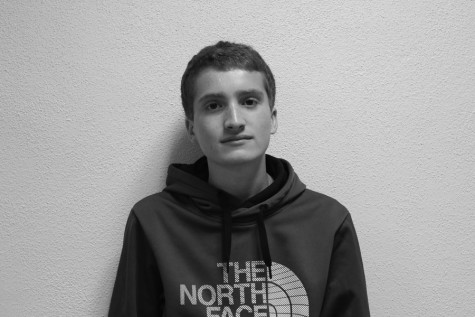


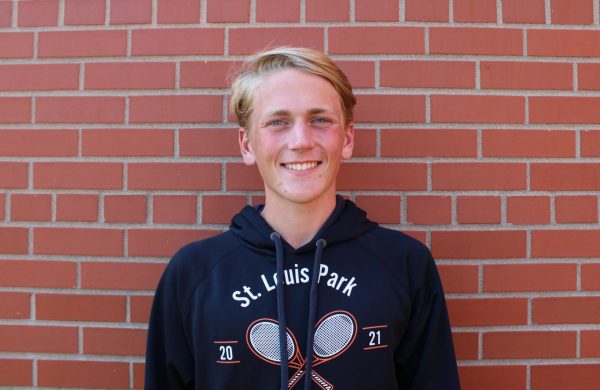
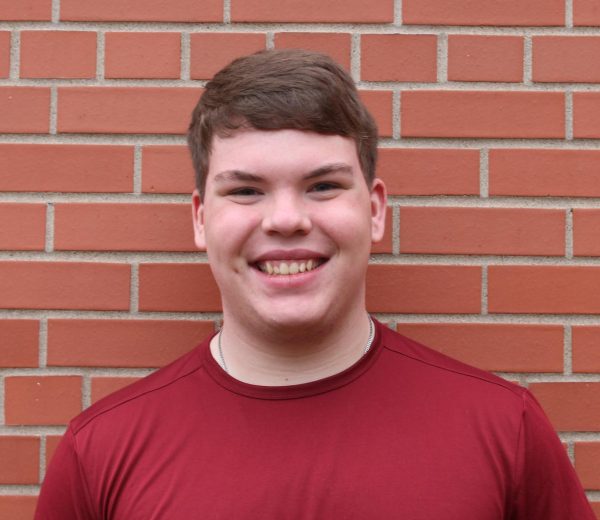
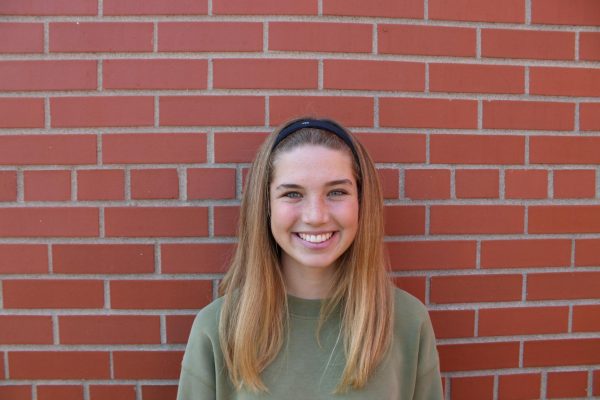
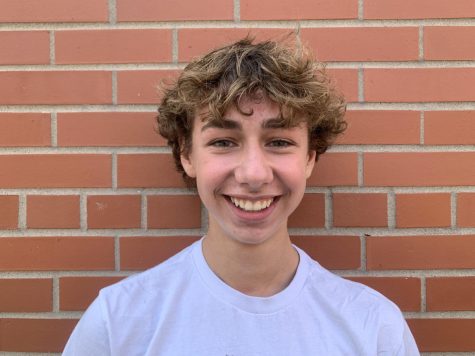

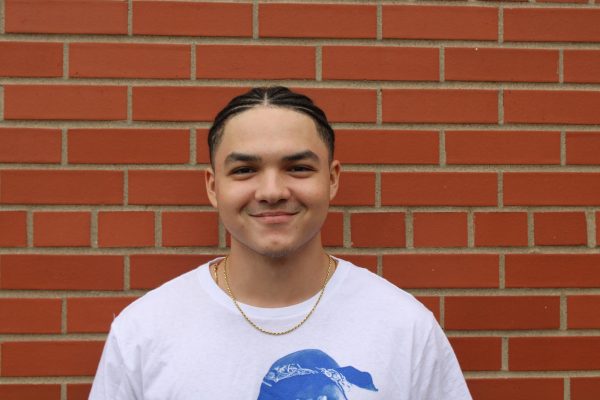

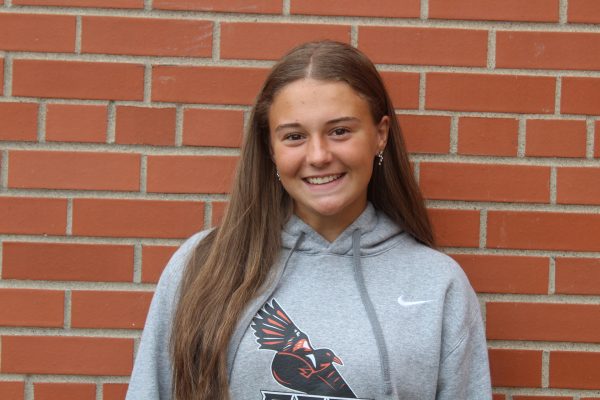
L.A.K. • May 11, 2016 at 4:40 pm
A very inspiring column!